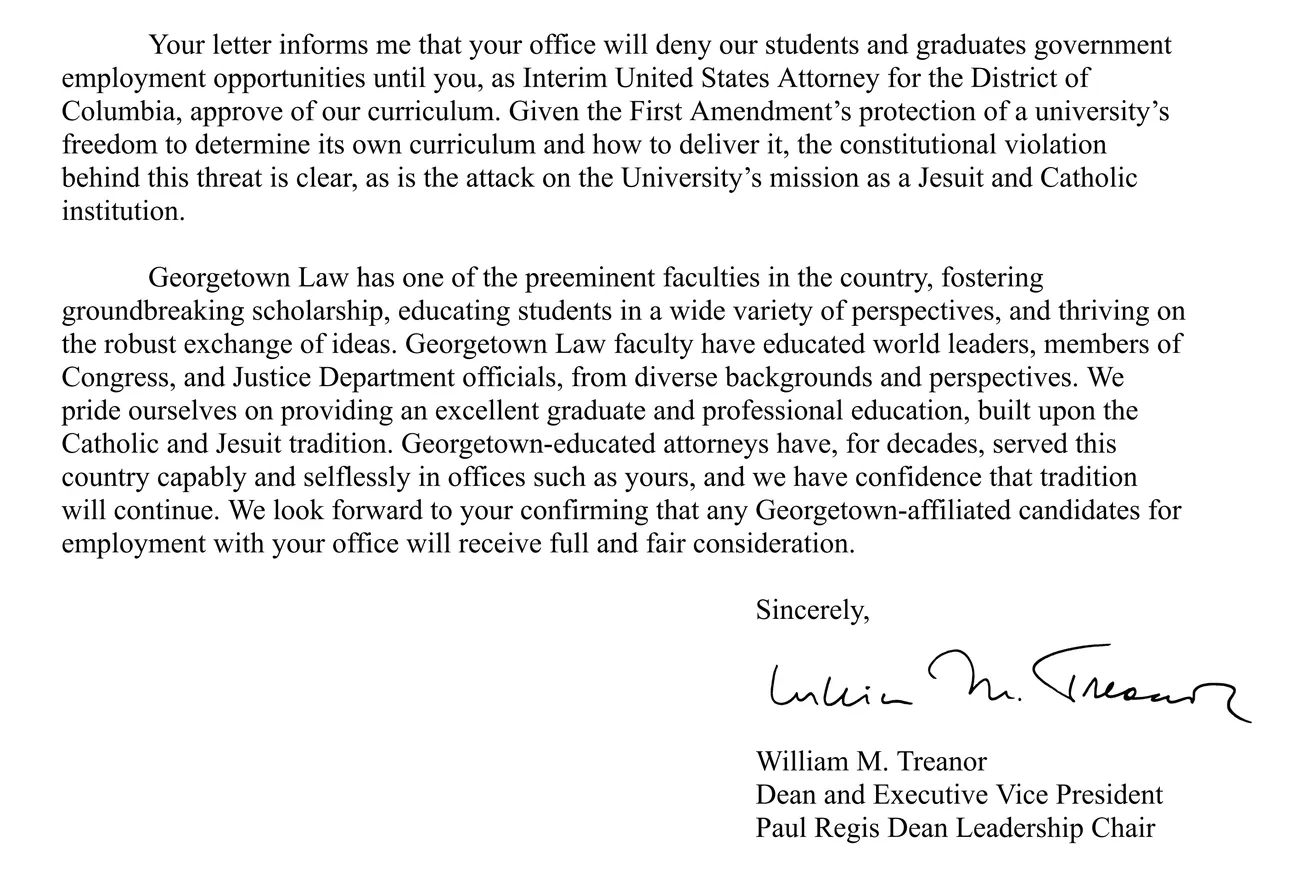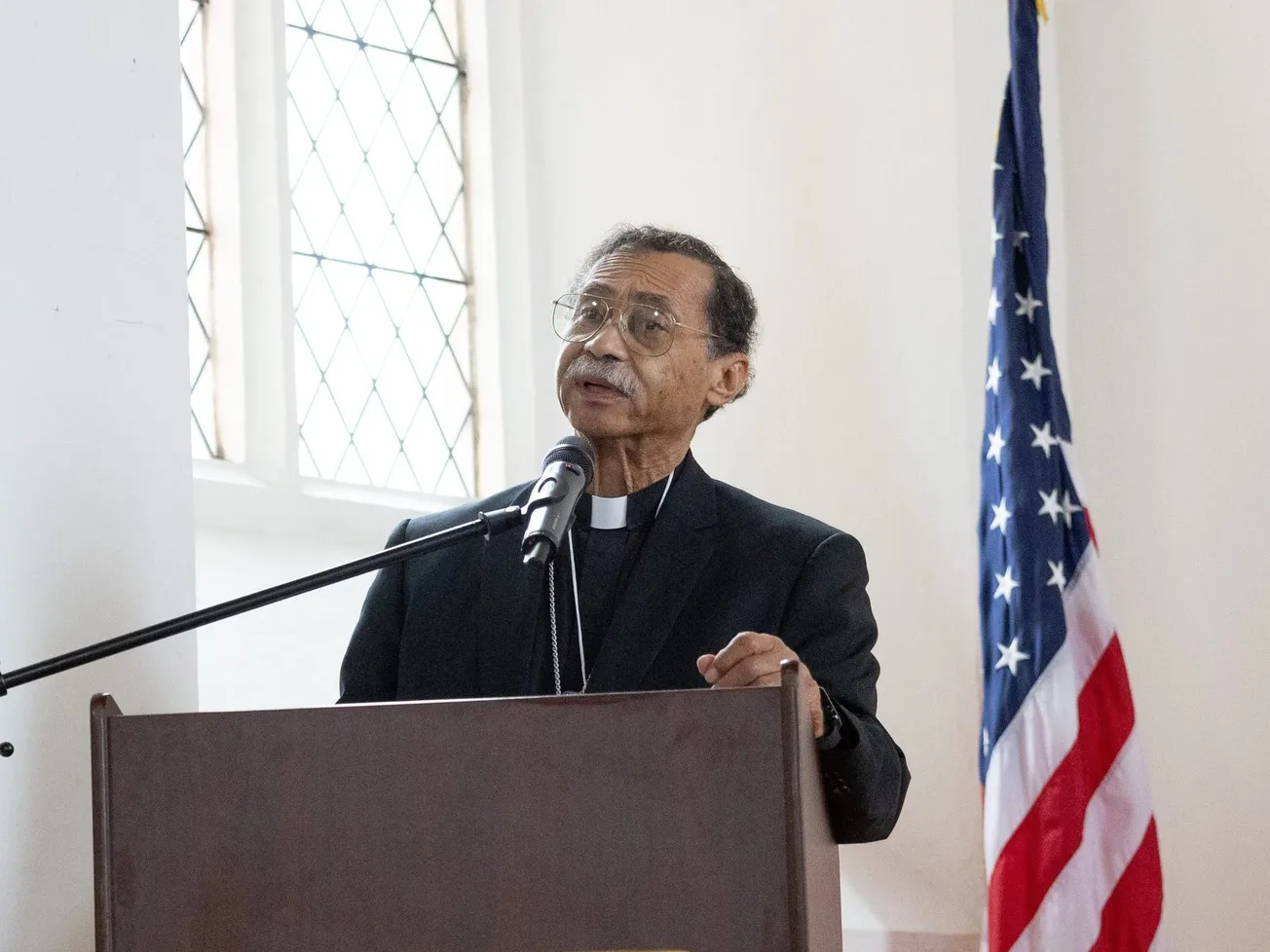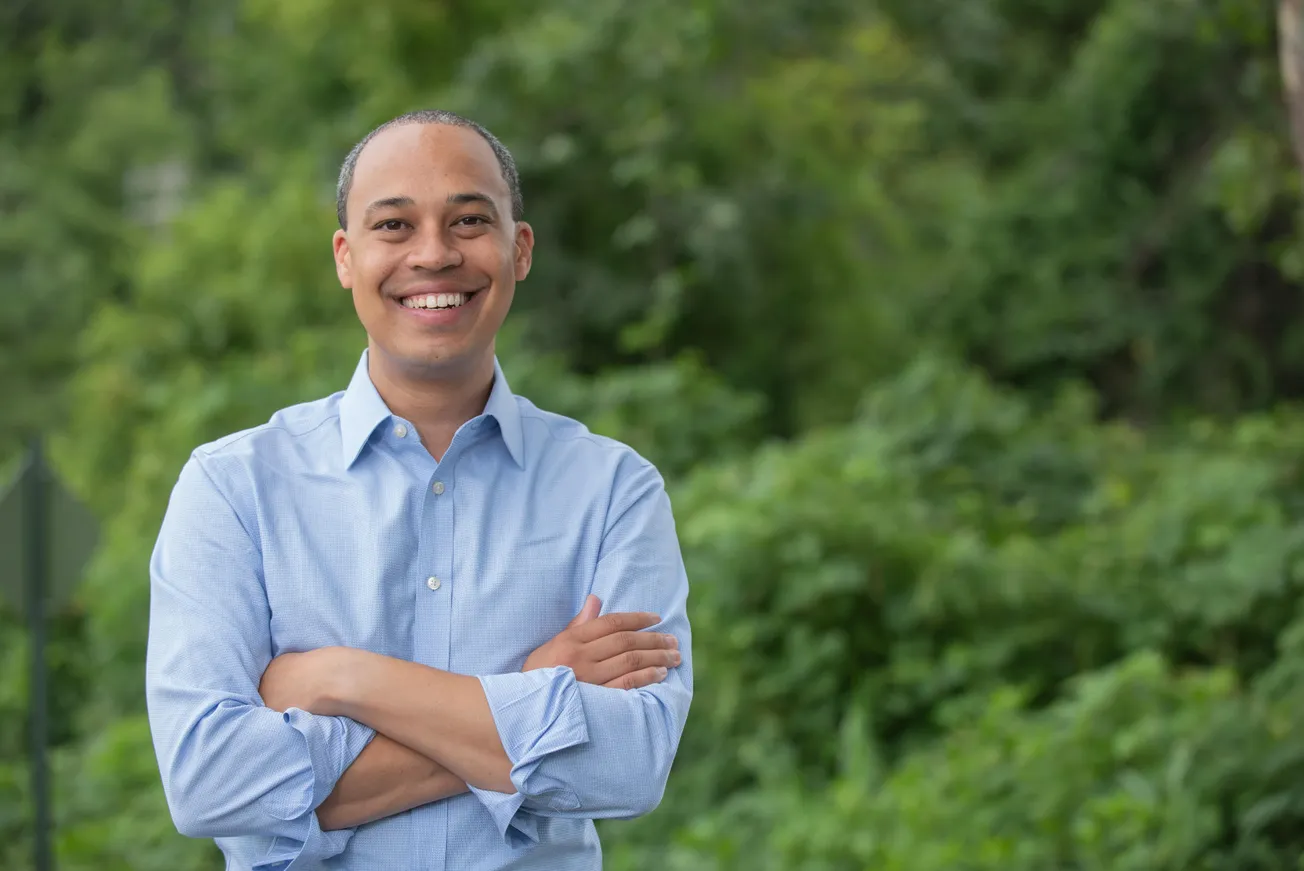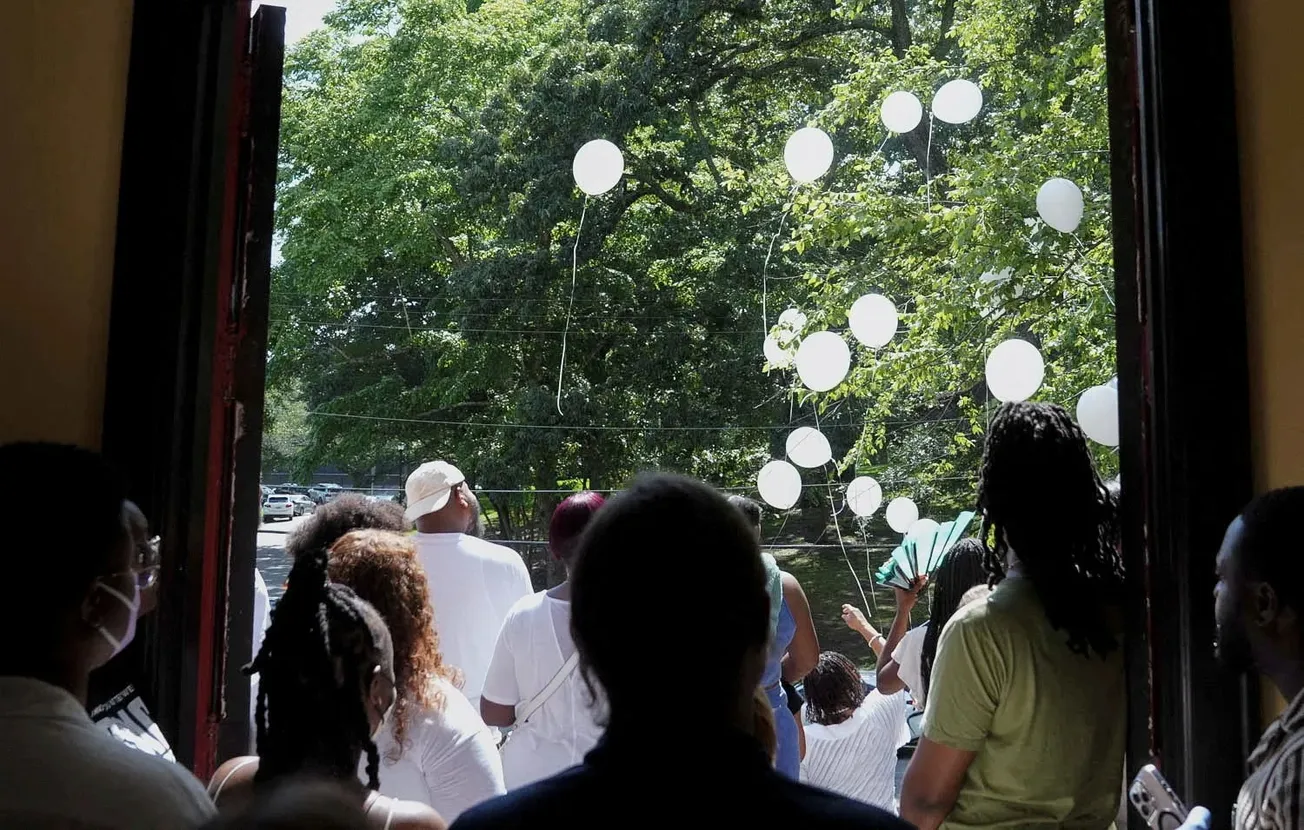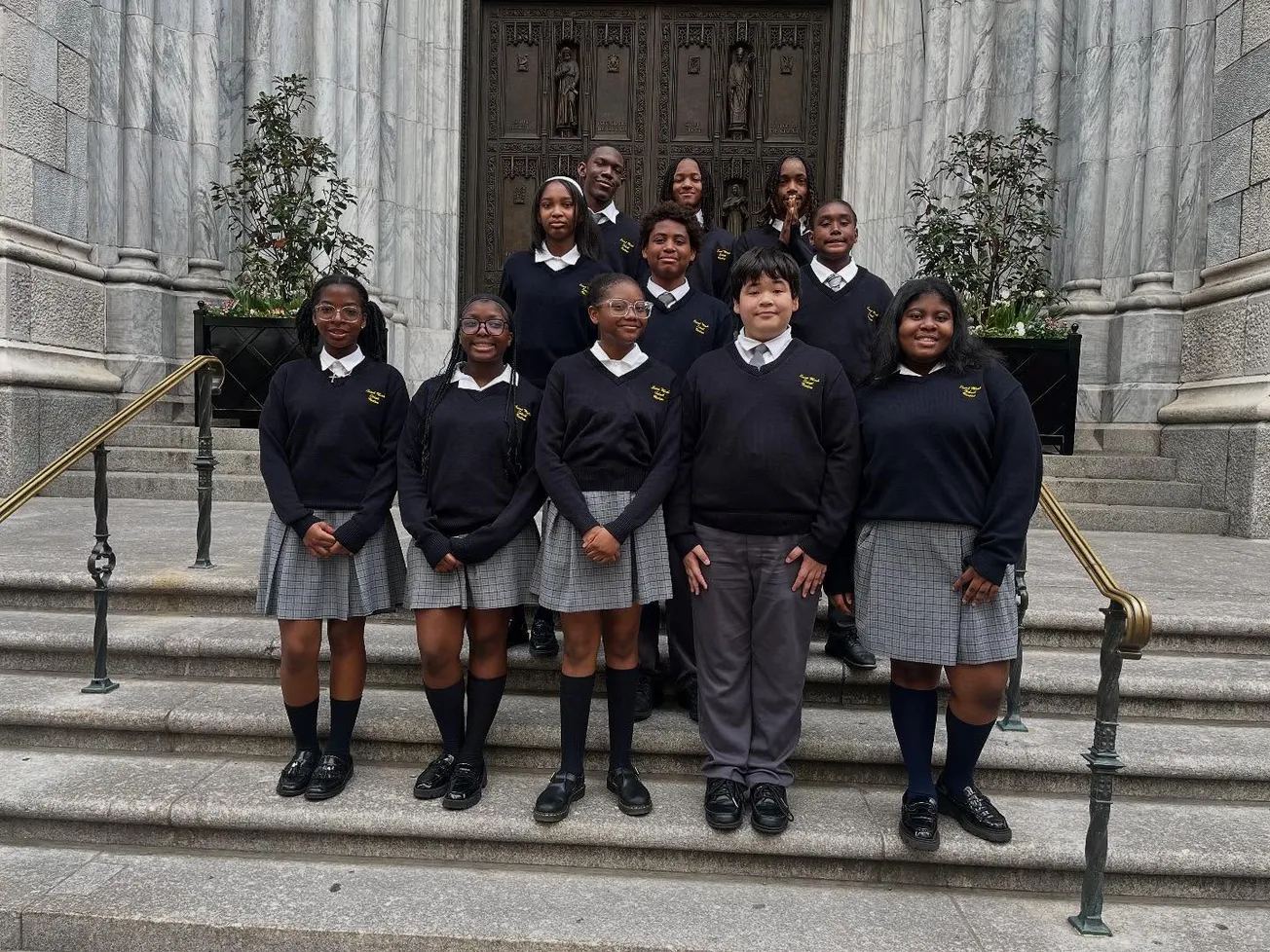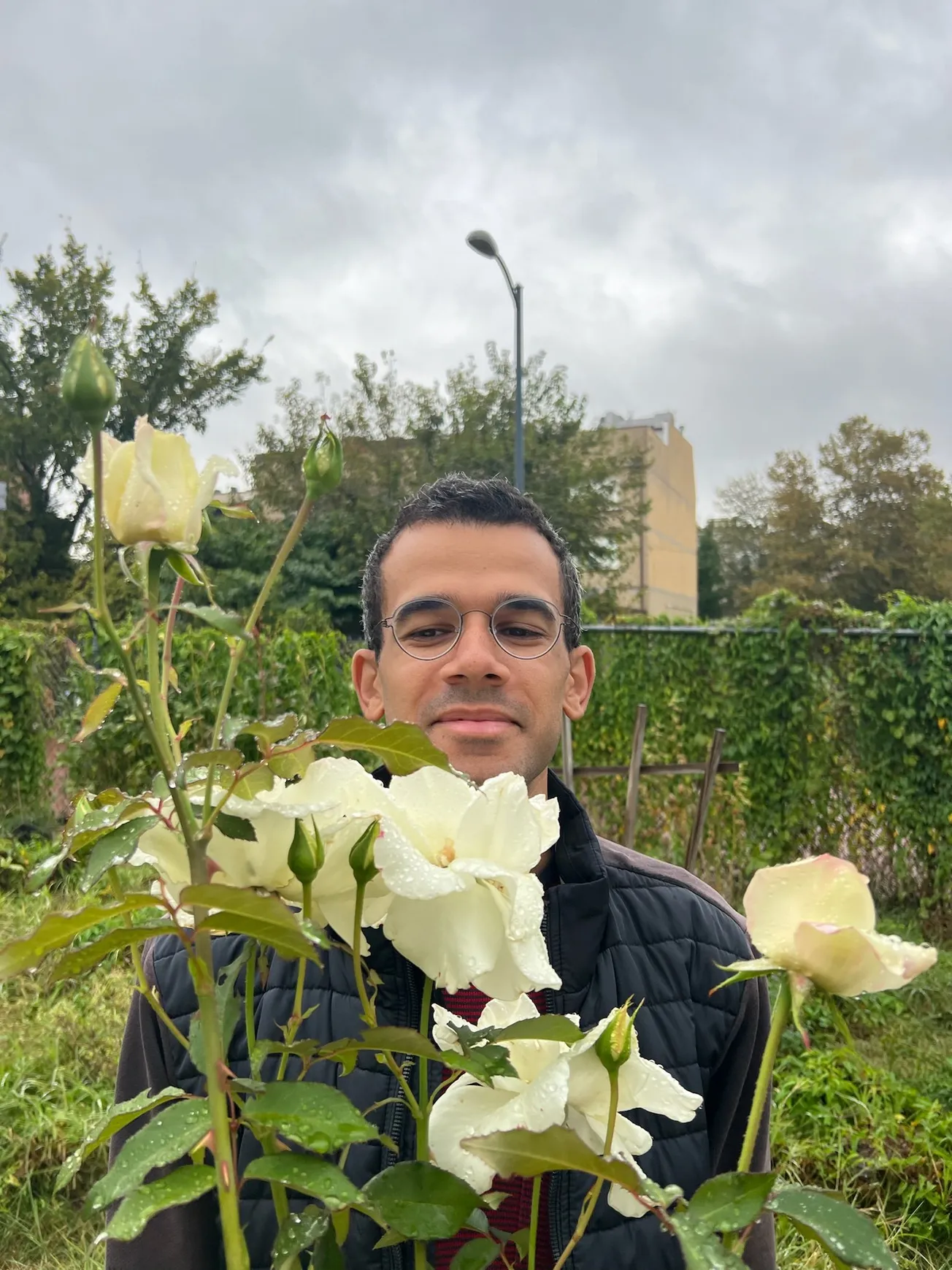The Georgetown University Law Center is in the crosshairs of the Trump administration over the school’s DEI programs, which conservative lawmakers are increasingly seeking to snuff out at federally funded institutions.
The law school’s dean, William Treanor, responded strongly on March 6 to Ed Martin Jr., the interim U.S. Attorney for the District of Columbia, who says he won’t hire Georgetown affiliates if the school does not bend the knee.
Treanor, an attorney and legal scholar who has served as a dean and executive vice president since 2010, called Martin’s ultimatum a “threat” that is unconstitutional and an “attack on the University’s mission as a Jesuit and Catholic institution.”
“The Supreme Court has continually affirmed that among the freedoms central to a university’s First Amendment rights are its abilities to determine, on academic grounds, who may teach, what to teach, and how to teach it. This is a bedrock principle of constitutional law – recognized not only by the courts, but by the administration in which you serve.”
The letter is one of many prominent defenses of diversity, equity, and inclusion in recent weeks, amid rising fears as conservatives unite to ban longstanding initiatives. Several legislatures have moved to restrict DEI at the state level, including colleges and universities.
Georgetown, a private institution, receives federal funding at a number of levels, including for research and indirectly in the form of financial assistance for students and loan repayment programs for those who pursue public service careers.
Martin, a devout Catholic who calls himself one of “President Trump’s lawyers,” has moved in lockstep with the White House on various efforts to centralize power and curb what is seen as liberal ideology within the federal sphere of influence.
Treanor, who is also Catholic, describes Georgetown Law as “committed to building a diverse and inclusive community.” The school reports that more than a third of its newest class are people of color, and 56% are women. The school also boasts of 51 full-time faculty of color, calling it part of a commitment to the Jesuit concept of cura personalis (“care of the whole person”).
A letter from Martin to Treanor, dated Feb. 17, described such commitments as “unacceptable,” inquired whether the dean would move to eliminate DEI, and demanded a response within a week. According to Treanor, Martin only emailed the letter on March 3.
“You should know that no applicant for our fellows program, our summer internship, or employment in our office who is a student or affiliated with a law school or university that continues to teach and utilize DEI will be considered,” wrote Martin.
It is unclear whether Georgetown plans to respond legally to the prospect of its students and alumni being barred from employment in a federal office, but it seems clear the school does not plan to back down from its diversity programs.
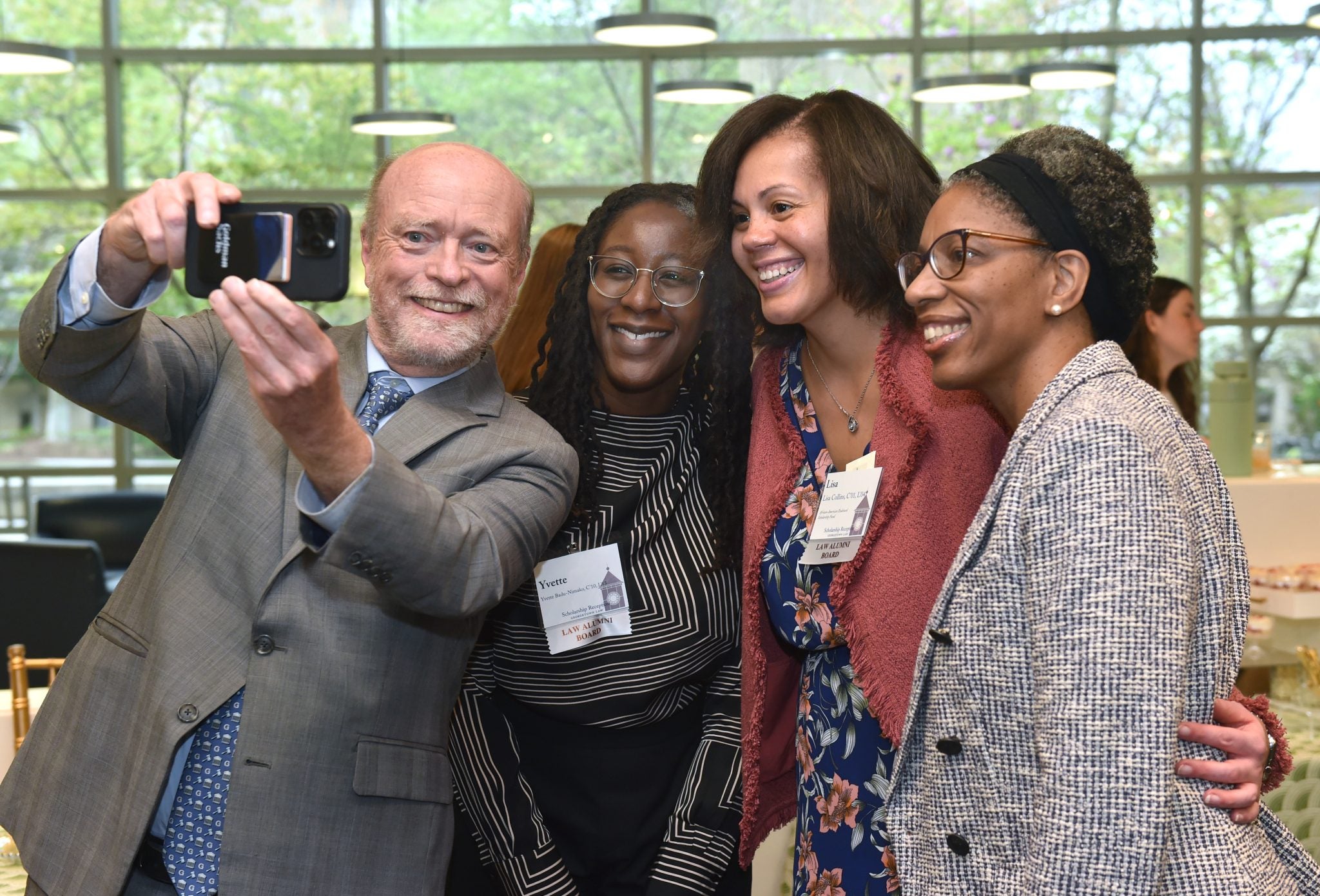
Treanor, who will step down from his role as dean in June, was instrumental in the creation of the RISE support program for underrepresented law students at the school, and the Early Outreach Initiative, which promotes law careers to high school students in at-risk communities.
“Georgetown Law faculty have educated world leaders, members of Congress, and Justice Department officials, from diverse backgrounds and perspectives,” Treanor wrote to Martin last month.
“We look forward to your confirming that any Georgetown-affiliated candidates for employment with your office will receive full and fair consideration.”
Nate Tinner-Williams is co-founder and editor of Black Catholic Messenger.


